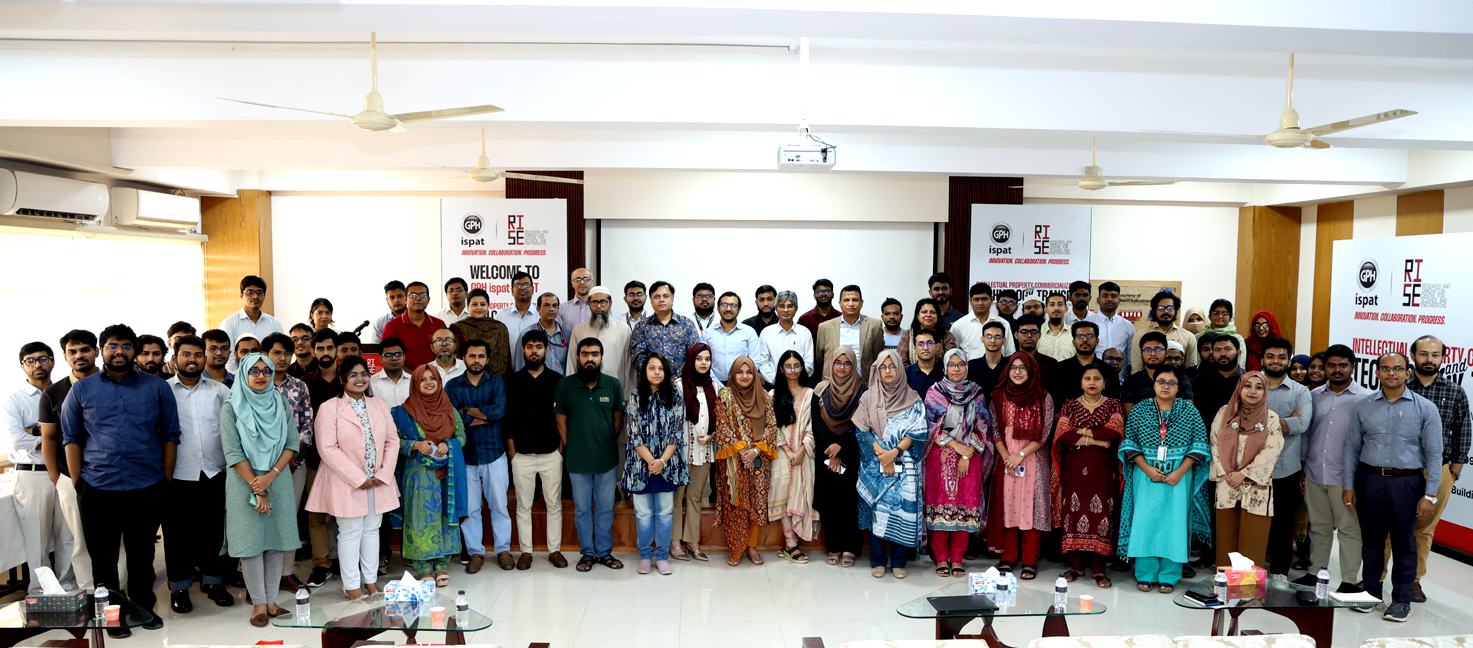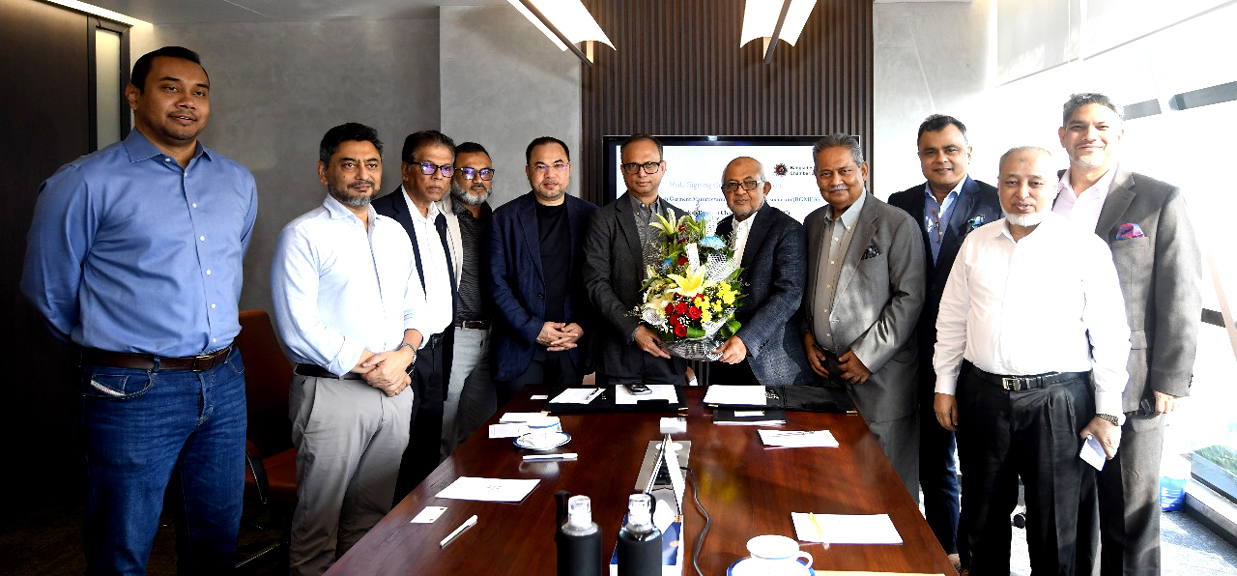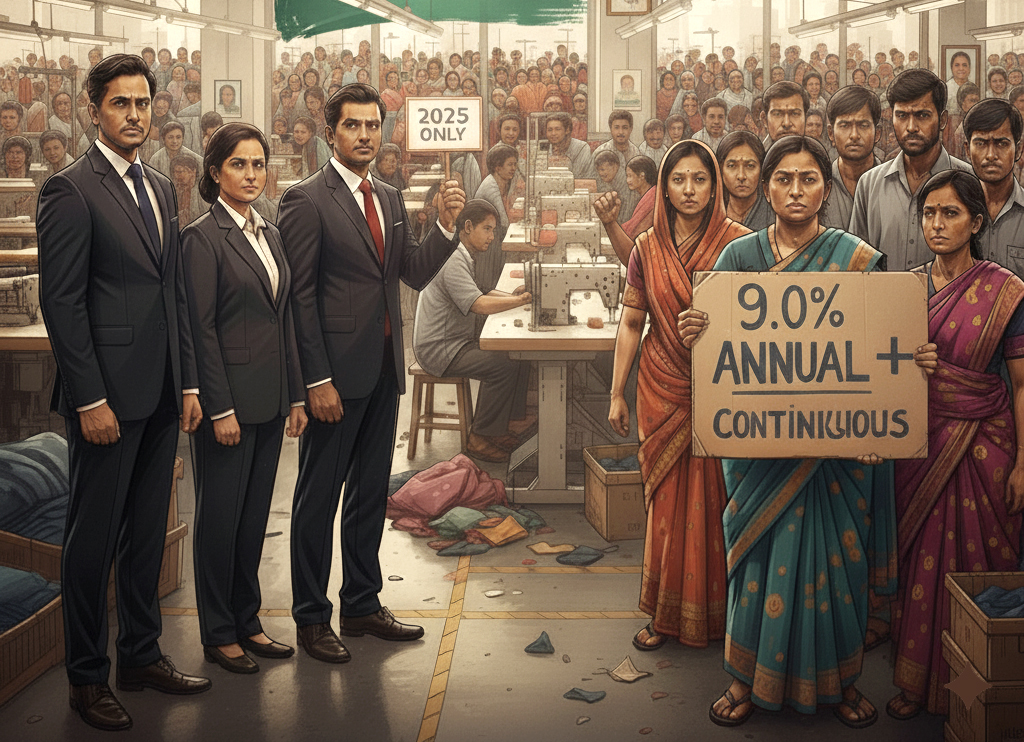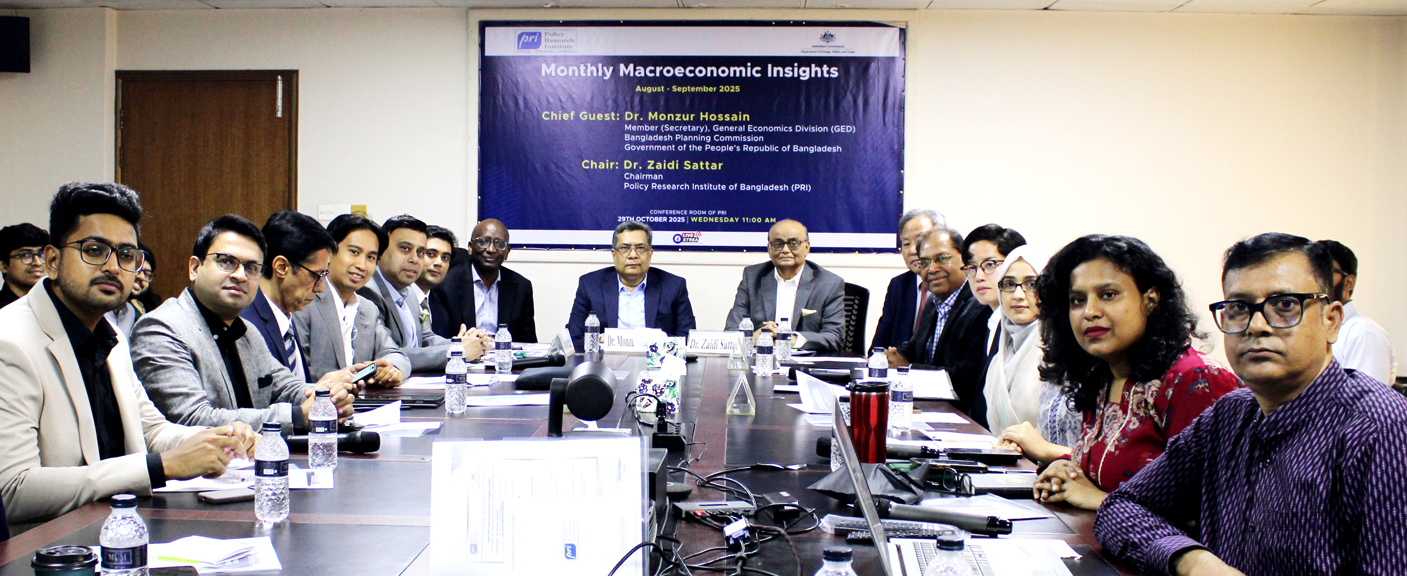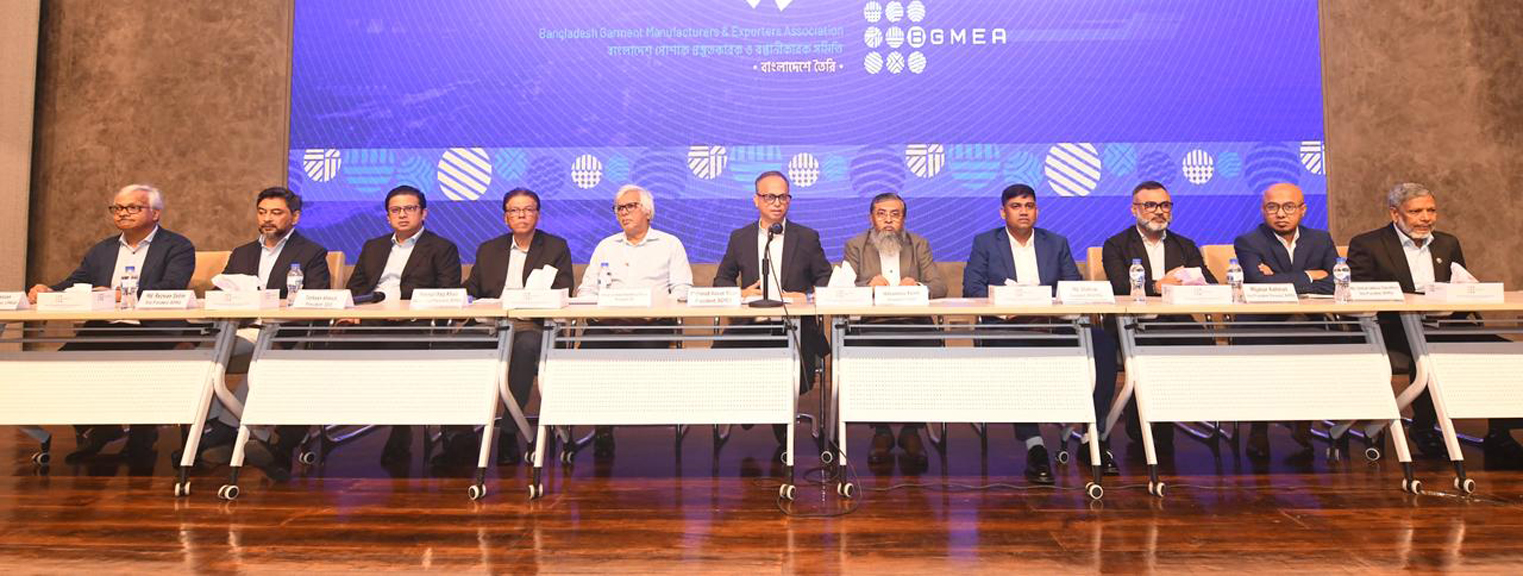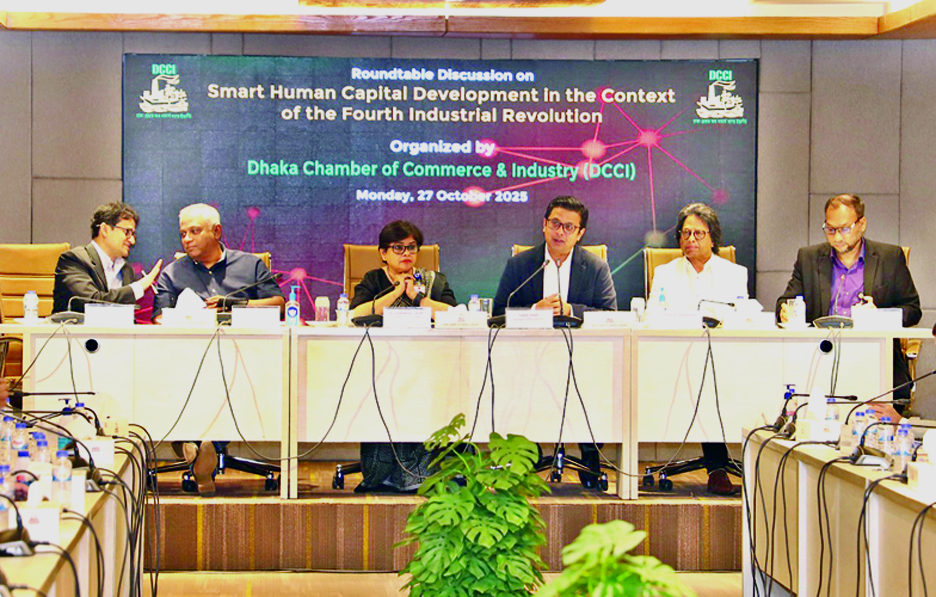Dhaka Chamber of Commerce & Industry (DCCI) President, Taskeen Ahmed, has called on China to extend greater cooperation in enhancing the skills, capacity, and technological advancement of Bangladeshi entrepreneurs to strengthen their competitiveness in global trade.
He made the appeal during a bilateral trade discussion with the Ambassador of China to Bangladesh, Yao Wen, held on 8 September at the Chinese Embassy in Dhaka.
During the meeting, the DCCI President noted that total bilateral trade between Bangladesh and China stood at $17.35 billion in FY2024, with imports from China amounting to $16.64 billion against Bangladesh’s exports of $715.38 million.
He stressed that Bangladesh’s sustainable socio-economic development and successful transition from Least Developed Country (LDC) status would largely depend on a stronger bilateral economic partnership.
Taskeen said that China remained Bangladesh’s largest import partner, with cooperation extending across infrastructure, energy and power, education, and human resource development.
He urged Beijing to provide further support in sectors such as agriculture and agro-processing, ICT, renewable energy, automobile, light engineering, footwear, logistics, medical equipment and healthcare, active pharmaceutical ingredients (API), semiconductors, and shipbuilding.
At the same time, he emphasised that Bangladesh required Chinese assistance in enhancing the skills and technological capabilities of its entrepreneurs in order to remain competitive in global trade.
Ambassador Yao Wen stated that since the previous year more than 20 new Chinese companies in the RMG and textile sectors had pledged investments worth nearly $800 million in Bangladesh, which, once materialised, were expected to boost the country’s export performance.
He said that Chinese businesses were also showing growing interest in the electric vehicle (EV) sector, although high tariffs and inadequate policy support were acting as barriers to investment.
The Ambassador expressed hope that the Bangladesh Government would address these challenges and encouraged the DCCI to take initiatives in this regard.
He cautioned that 85 per cent of Bangladesh’s total exports came from the readymade garment sector, which he considered unsustainable in the long term.
The ambassador therefore stressed the need for diversifying Bangladesh’s export basket by prioritising other promising sectors and improving overall competitiveness.
He further encouraged Bangladesh to seek China’s technological expertise to strengthen its production capacity.



